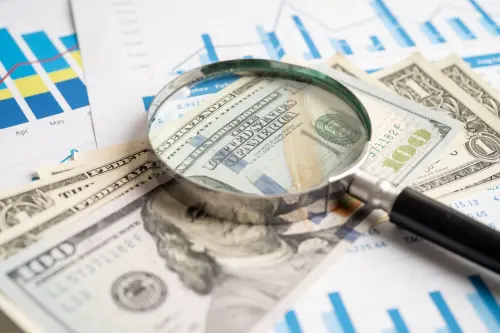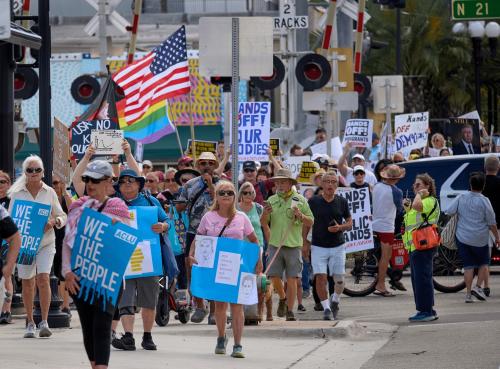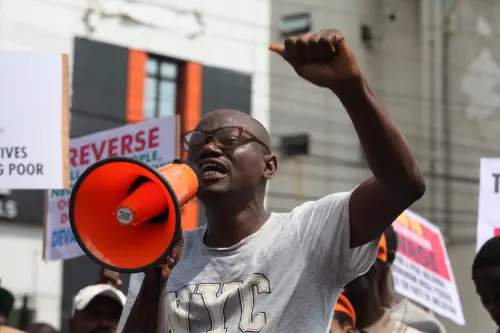One year ago, Brookings experts wrote a series of 12 memos to the incoming president on the most pressing policy issues facing the country. Now they assess the administration’s progress on those issues in The Status Report, a daily series of commentary with video to be featured in POLITICO’s Arena. Karen Dynan and Martin Baily give the Obama administration an A-, offering credit for deft handling of the economic crisis but raising questions about whether the president has laid the foundation for sustained growth.
Restoring Confidence in the U.S. Economy: A-
President Obama inherited the scariest and most dangerous economic situation in more than 50 years. The economy seemed to be in freefall and this was confirmed by subsequent data—real GDP declined at annual rates of more than 5 percent in the fourth quarter of 2008 and the first quarter of 2009. The financial sector was on the verge of collapse, both in the United States and around the world.
What a difference a year makes. The economy expanded 2.2 percent in the third quarter and some forecasters see a gain of 4 percent or more in the fourth quarter. The large Wall Street banks are recovering, and some of them are even quite profitable. There will be costs to the rescue of the financial sector, but they are likely to be substantially smaller than originally thought. The Dow, at 10,500, is well below its peak but up substantially from the 6,500 range seen in March. With an unemployment rate of 10 percent, the economy is still very soft, but the turnaround seen thus far has been amazing.
How much credit goes to President Obama and his economic team? Obama appointed Tim Geithner to the Treasury and stuck with him through his early stumbles. Geithner had the expertise and experience to do the right things, notably forcing the banks to go through stress tests that revealed the extent of their problems.
Obama supported Federal Reserve Chairman Bernanke and has reappointed him, despite loud criticisms from Congress. Bernanke made mistakes prior to the crisis but his handling of the crisis itself has been terrific. Obama appointed a strong White House economic team and pushed a stimulus package through Congress that hastened the end of the recession and has bolstered the recovery. Judging by results, Obama deserves an A for his handling of the crisis.
Has Obama laid the foundation for sustained growth? A key area of risk to the recovery remains the housing sector. The Obama team quickly put out a plan to slash mortgage payments for distressed homeowners. The program should help millions of households. But, its scope is limited—homeowners facing job loss will have difficulty qualifying and those inclined to default because their homes are now worth substantially less than their mortgages are still likely to do so. Thus, we will still see millions of foreclosures over the next couple of years. The potential costs of this situation could go well beyond those borne by the dislocated families, as the growing inventory of foreclosed-upon homes could swamp the housing market, drive home prices and housing wealth down further, and, in turn, impair the broader economic recovery.
Among longer-term considerations, the Obama team worked early and hard to prepare a package of financial reforms that aim to avoid a repetition of the crisis. We have issues with some of the reform provisions, but give credit that this was a serious attempt at fixing the problems. We do not sense, though, that financial reform is a priority for the president. If no substantive reform is completed after four years, or the wrong kind of reform happens, the consequences could be serious.
President Obama made a campaign promise to cut taxes for the middle class and avoid tax increases for anyone making less than $250,000 a year. This may have been good politics, but it was lousy economics. Under current policies, deficits are projected to remain huge even after the present problems have passed, depressing long-run economic growth and exposing us to the risk of a crisis in which investors lose their appetite for U.S. government debt. Martin’s memo to the president-elect last fall emphasized the critical need for a commitment to long-run fiscal soundness.
With the economy so weak, deficit reduction was not the right goal for 2009. But the president needs to signal that he has the will and the ability to exert fiscal discipline as the economy recovers, and he has not done that yet.
Expanding health care coverage has been an area of focus over the past year, and we support this goal. But we do not think there have been adequate efforts made to pay for the expanded coverage, nor has there been fundamental reform to Medicare that would slow its rate of growth of costs. To be sure, amid the powerful special interests and misguided activists out there, it is hard to have a rational debate about health care. But, it should have been possible to have a fuller one than actually occurred.
Therefore, President Obama’s A for his handling of the crisis is tempered by a B- on longer-run challenges, with an overall grade of A-. He has obtained only partial credit thus far on the housing, financial reform, and health care expansion fronts. And he gets low marks on laying the groundwork for a return to fiscal sustainability. Such a skilled orator should engage the electorate on the real tradeoffs between what they want and what they are willing to pay for. We hope to see him do that in the year ahead.
Javascript is not currently enabled in your browser.
Please enable Javascript in order to view this video.
The Brookings Institution is committed to quality, independence, and impact.
We are supported by a diverse array of funders. In line with our values and policies, each Brookings publication represents the sole views of its author(s).



Commentary
The Status Report: Obama’s Effort to Restore Economic Confidence
January 11, 2010